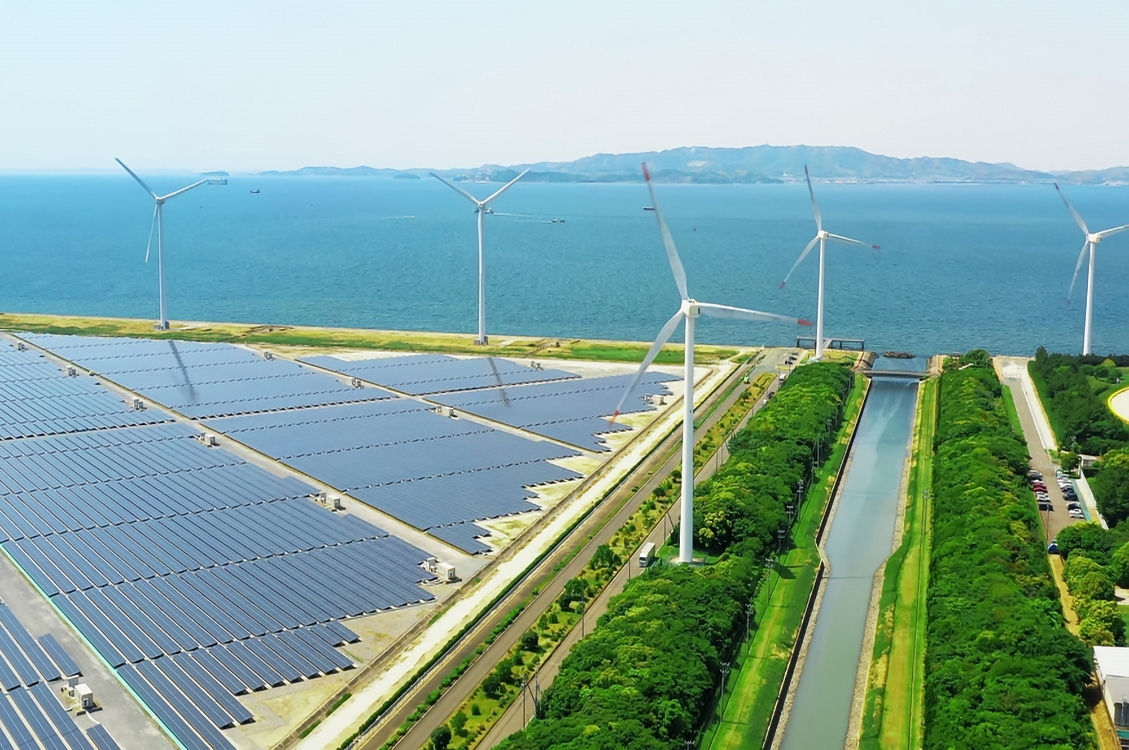The Interconnected Global Safekeeping
The world is undergoing momentous changes affecting how countries work together and keep people safe. Conflicts arise between countries, making the stabilization of the economy and security difficult. New countries are becoming more assertive, challenging the old, powerful countries, which makes things even more complicated. On top of that, technology is evolving quickly, which brings new risks like cyber threats. There are also natural risks, like pandemics and climate change. In brief, interconnected global safekeeping is now a big challenge.
Presently, it is high time to understand and deal with all these challenges; countries must consider one crucial thing: how conflicts between countries affect the economy and a country’s safety. All countries must understand this to solve the problems caused by the interconnected world. In addition, interconnected global safekeeping is a challenge that requires cooperation and collaboration between nations.
Things that happen in one part of the world can have a global impact. Wars, like the one between Russia and Ukraine or Israel’s genocide in Gaza, can have a weighty effect. As a result, the West put sanctions on Russia, which made prices for energy and food go up everywhere. And when Israel bombed Gaza, it made things unstable throughout the Middle East, affecting nearby countries. Unquestionably, all of these conflicts can increase costs and disrupt trade around the world.
The COVID-19 pandemic and natural threats have led to disruptions in global supply chains, causing increased shipping costs, delivery delays, and inflationary pressure. Monetary ties between countries can influence their safekeeping policies, with countries relying on China for critical defense-related supply-chain components being vulnerable diplomatically and militarily. Russia’s war on Ukraine demonstrates the weaponization of global connectivity and financial networks for geopolitical purposes. The United States retains leverage in the dollar system to enforce international order through coercive sanctions. Trading with the enemy can have lucrative or practical benefits, but it also alters the distribution of power. Now, balancing the pursuit of material well-being with safekeeping considerations is vital, as engaging in economic relations with China could potentially harm US prosperity.
In another case, the United States and its networks have a challenge. They need to balance their economic goals with their safety goals. So, this means they must figure out how to deal with economic changes while ensuring they have enough money to protect themselves and the world economy. The US, the most powerful nation, has to ensure the global economy stays open and fair. The USA must spend more money on its military and make alliances with other countries to protect against aggression and genocide and keep the sea routes safe. Furthermore, they also need to ensure a fair distribution of economic gains.
If each country tries to keep itself safer by doing less business with other countries due to different wars happening around the world, things could worsen. Doing business with rivals can be risky, but it can help prevent conflicts. Besides, all governments will have to deal with these challenges as they make plans for the economy and safekeeping. A few ongoing war events are becoming more dangerous, so each country must understand the factors causing this and find ways to stay safe and prosperous.
Reference(s)
Adhikari, D. (2024, February 15). Exploring the Relationship between National Security Risks and Economic Factors. ResearchGate.
Chan, T., Harburg, B., & Mahbubani, K. (2024, January 9). America Can’t Stop China’s Rise. Foreign Policy.
Curyto, J., & Shapiro, E. (2023, September 26). NDAA Continues Trend of Supply Chain Vigilance to Reduce Reliance on China. National DEFENSE.
Norrlöf, C. (2024, January 17). What the Global Economy and Security Require. Project Syndicate.

